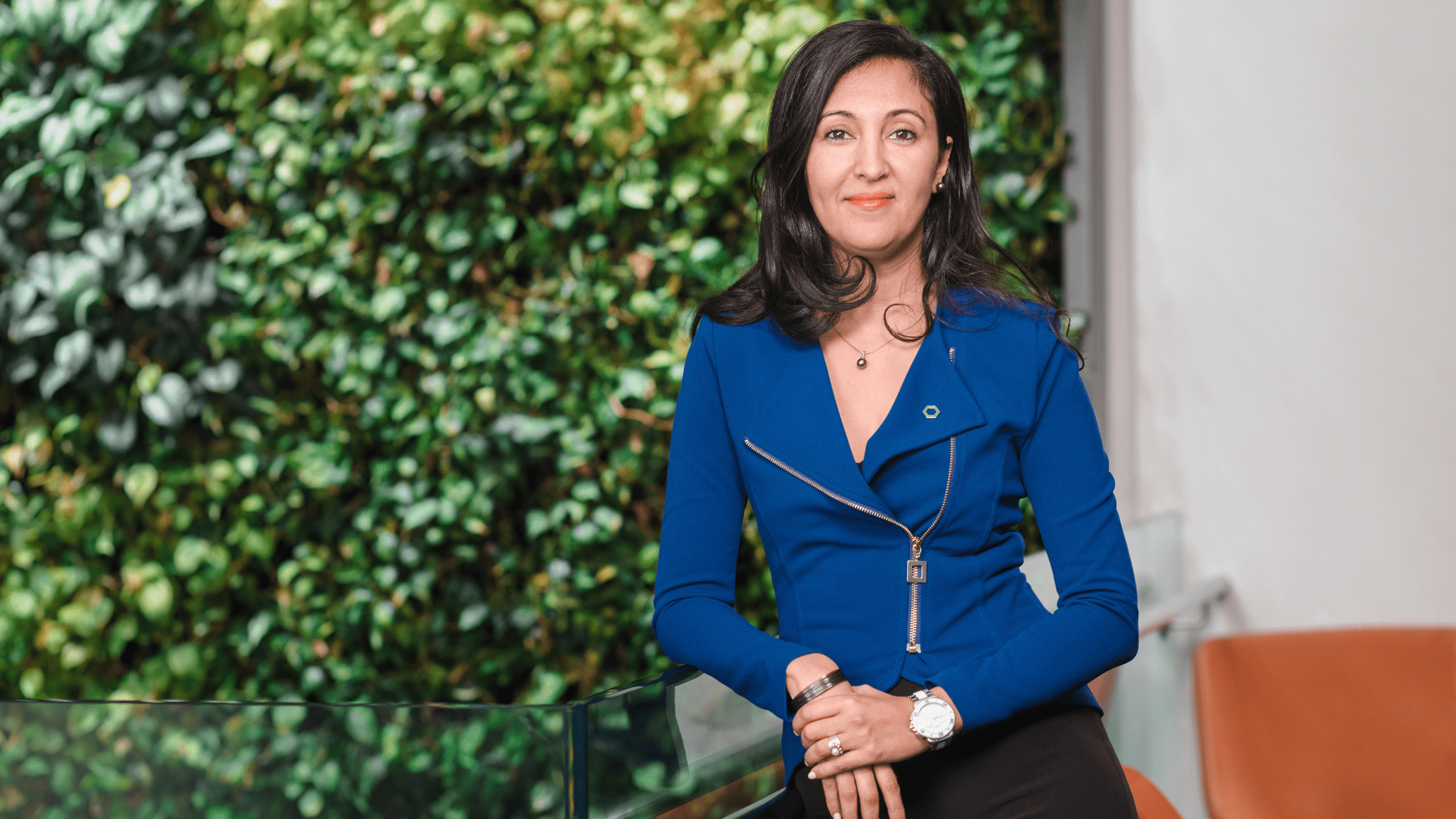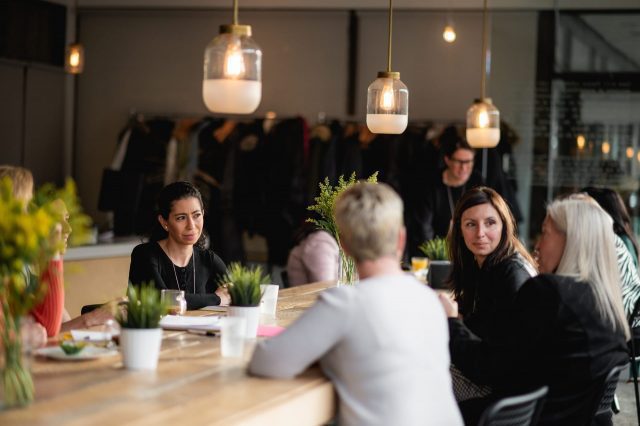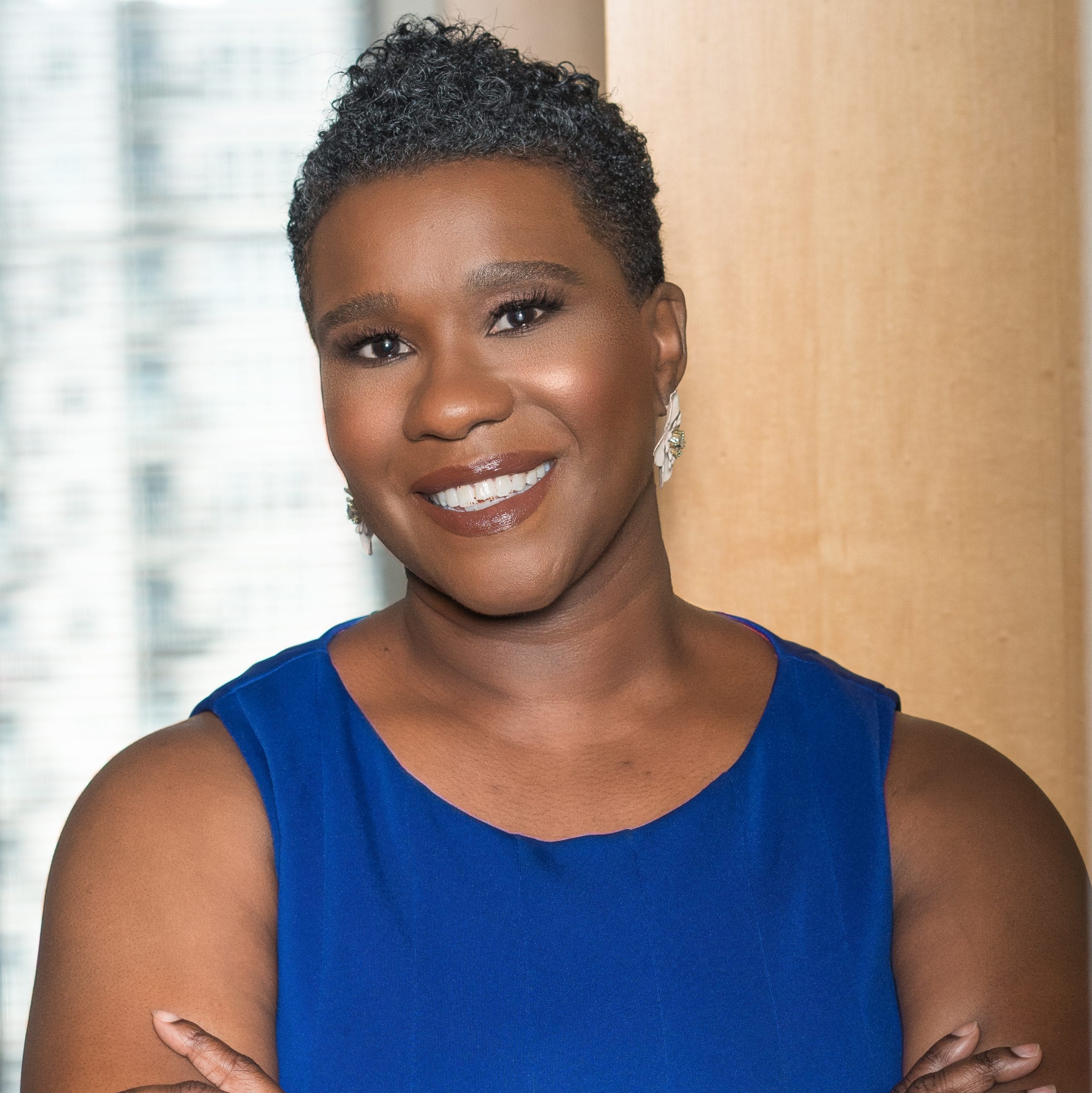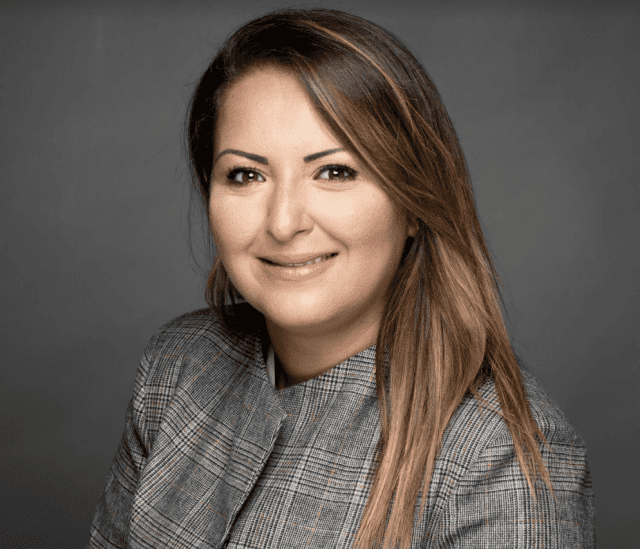“Fit the mould? No, thank you!” Discussion with Salwa Salek.

“Fit the mould? No, thank you! The time for conforming is over,” says Salwa Salek, Strategist and Speaker in Organizational and Personal Development. Companies are making room for inclusion in all its facets, individual and collective, moving forward. Integration, recognition, goodwill, curiosity, sharing, individualities, and multiple identities shape a new working landscape rich in our differences. An interview with the manager and leader at The A Effect on the future of plurality at work.
This Involves Us All!
Companies cannot ignore the collective upheaval in the wake of the social movements #MeToo and Black Lives Matter. In the melee of societal debates, “the new generations, talents, and vital workforces expect more attentiveness and sensitivity,” says Salwa Salek. According to her, this awareness of inclusion issues is manifested in a desire to give a voice and a place to minority groups beyond integration policy, immigration, and obligations related to discrimination.
Open-Minded Mode
Far from stereotypes, labels, and conventions, Salwa Salek advocates for openness of mind and heart. “All different, all human!” Even before opening our minds to the differences in each person, Salwa Salek recommends identifying our own perception biases concerning others. “Labels are categories and mental shortcuts by which we put people in boxes.” Although very human, this primary reflex is detrimental to recognizing others’ differences. And while it may be challenging to live in a diverse world, this expert invites us to “take a step back and be fully aware of our mental biases.”
Valuing Differences
Nowadays, fitting the mould is no longer desired! “This concept is brutal. There are as many moulds as there are people,” she declares. What’s more, an inclusive attitude values each person’s uniqueness. “It’s a matter of individuation.” To support this fresh idea, Salwa Salek recommends avoiding the over-segmentation of groups. “By subdividing too much, you risk excluding and reinforcing antagonisms,” she stresses. Instead, she encourages employees and managers to broaden their views on different experiences, profiles, and backgrounds. “Creating an inclusive environment means making room for people who don’t have a title, have more of an academic profile, who are less conventional, and have other experiences, other diplomas.”
Embracing Plural Identities
Where does she get this unique perspective on the world? Salwa Salek has always sought out a fairer world. “I’m from Morocco,” she says, “where women have fewer rights than here.” She immediately opens up about having significant, self-affirming support from her family. “My father allowed me to take my rightful place. He always let me speak. That built me up.” Strengthened by this upbringing, she wants to show her gratitude through her work and her values of self-acceptance and acceptance of others. The secret, according to her? The notion of “plural identities” which brings about a new mindset, allowing us to embrace the diversity in our sense of belonging, to go beyond the restrictive question ‘where do you come from?’. “We’re all part of a whole,” she insists.
Words and Actions
Although organizations willingly claim inclusivity, Salwa Salek makes each person responsible for their own behaviour. She calls for taking it one step further, from words to actions to personal commitment. She believes that even a small effort can change attitudes, such as reframing an inappropriate joke. Sometimes people who belong to a minority group will avoid asking questions. Instead, she advocates doing so, “just say it,” and using phrases such as “I may not know…” and “correct me if I’m wrong…”. To cultivate an environment where people can be themselves without fear of being judged, she invites everyone to foster their goodwill towards others. It’s vital to open up our curiosity to the world, intervene when there are microaggressions, welcome differences of opinion, and be aware of our impact on our environment, to the point of feeling accountable.
For Salwa Salek, this is the key to success. “The more our organizations allow this uniqueness to be expressed without fear, the better prepared they will be to face the future challenges!” And the better we, as individuals, can make a difference.
Follow us on Facebook and LinkedIn, and subscribe to our newsletter for all of the latest content







